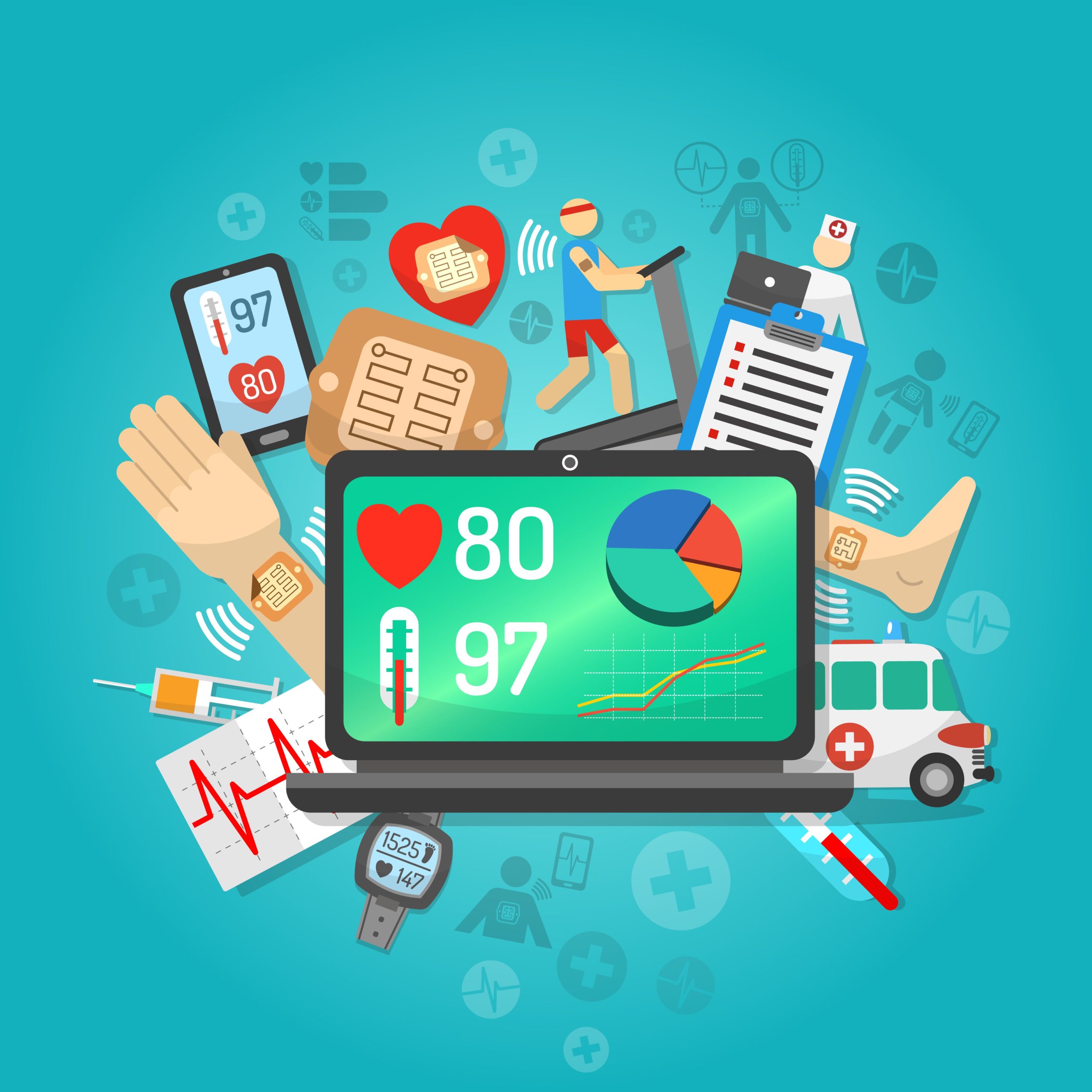
The Evolution of Personal Health Care Devices: What You Need to Know
01-01-2024 | Posted By: Admin | 997 View(s)
The landscape of personal health care has undergone a remarkable transformation over the past few decades. This evolution has been driven by technological advancements, increased awareness of health and wellness, and the growing need for convenient, at-home care solutions. Today, we stand at a juncture where personal health care devices are not just accessories but essential tools in our daily lives. They offer unprecedented control and insight into our health, paving the way for a future where everyone can enjoy a higher standard of health and wellbeing.
The Early Years: Pioneering Innovations
The inception of personal health care devices marked a pivotal chapter in medical history. Initially, these devices were simple yet revolutionary. The thermometer, introduced for easy temperature measurement, and the blood pressure cuff, a breakthrough for monitoring cardiovascular health at home, exemplify these early innovations. These foundational tools transcended the barriers of clinical settings, bringing rudimentary health monitoring into the domestic sphere. Although basic compared to today’s advanced gadgets, these early devices were instrumental in shaping the future of personal health care. They established a critical precedent, demonstrating the feasibility and value of monitoring health outside professional medical environments, thus setting the stage for the technological marvels to follow.

The Digital Revolution: Smart Health Care at Home
The advent of digital technology marked a transformative era in personal health care. This period saw the introduction of smart devices, a fusion of health care and information technology. These gadgets, equipped with advanced sensors and internet connectivity, represented a significant evolution from their analog predecessors. They enabled not just health monitoring but also data analysis and remote communication. The era was characterized by the emergence of wearable fitness trackers, real-time glucose monitors, and smart diagnostic kits. This digital revolution democratized health care, allowing individuals to access sophisticated health monitoring and management tools in the comfort of their homes, thus redefining the landscape of personal health care.
Tailoring Health Care to Individual Needs
The contemporary landscape of personal health care devices is defined by their ability to customize health care to individual preferences and needs. These advanced devices, ranging from wearable technology monitoring physical activity to sleep pattern analyzers, offer a personalized approach to health management. This personalization is particularly vital for managing chronic conditions, where tailored care plans are essential. These tools provide users with detailed insights into their health, empowering them to make informed decisions and adjustments to their lifestyle and treatment plans. By focusing on the individual, these devices not only enhance the effectiveness of health care but also promote a proactive approach to maintaining and improving overall well-being.
Overcoming Challenges: Privacy and Accuracy
The proliferation of personal health care devices brings notable challenges, chiefly concerning privacy and accuracy. As these devices collect and store sensitive health data, concerns about data security and privacy are paramount. Users are increasingly wary of how their health information is handled and shared. Furthermore, the accuracy of these devices is a critical issue. Inaccuracies in health data can lead to misdiagnosis and inappropriate treatment, posing significant risks to users. Addressing these challenges is essential for maintaining trust and efficacy in personal health care technology. Ensuring robust data encryption and stringent accuracy standards are key steps towards mitigating these concerns and upholding the integrity of personal health care devices.

The Future: Integrating Artificial Intelligence
Artificial Intelligence (AI) is poised to be the next frontier in the evolution of personal health care devices. AI integration promises a leap in precision, offering more accurate diagnostics and predictive health analytics. It’s anticipated to enable devices to not only track and monitor health data but also interpret it, providing personalized health insights and recommendations. This advancement could revolutionize the way individuals manage their health, turning devices into proactive health care partners. AI’s potential in personalizing treatment plans and predicting health trends signifies a transformative step towards a more intelligent, responsive, and effective personal health care system.
Innovative Solutions: Meeting Specialized Needs
In the realm of specialized health care needs, innovative solutions like the external catheter have made significant impacts. These types of devices cater to specific medical requirements, providing relief and improving the quality of life for individuals with unique health challenges. The development of such specialized tools highlights the importance of diversity and inclusivity in personal health care devices.
Conclusion
The evolution of personal health care devices reflects our society’s journey towards a more informed, empowered, and health-conscious future. As we continue to embrace these devices, it’s crucial to address the challenges they present, ensuring they serve as beneficial tools in our quest for better health. With continued innovation and a focus on individual needs, personal health care devices will remain at the forefront of our health and wellness journey.

